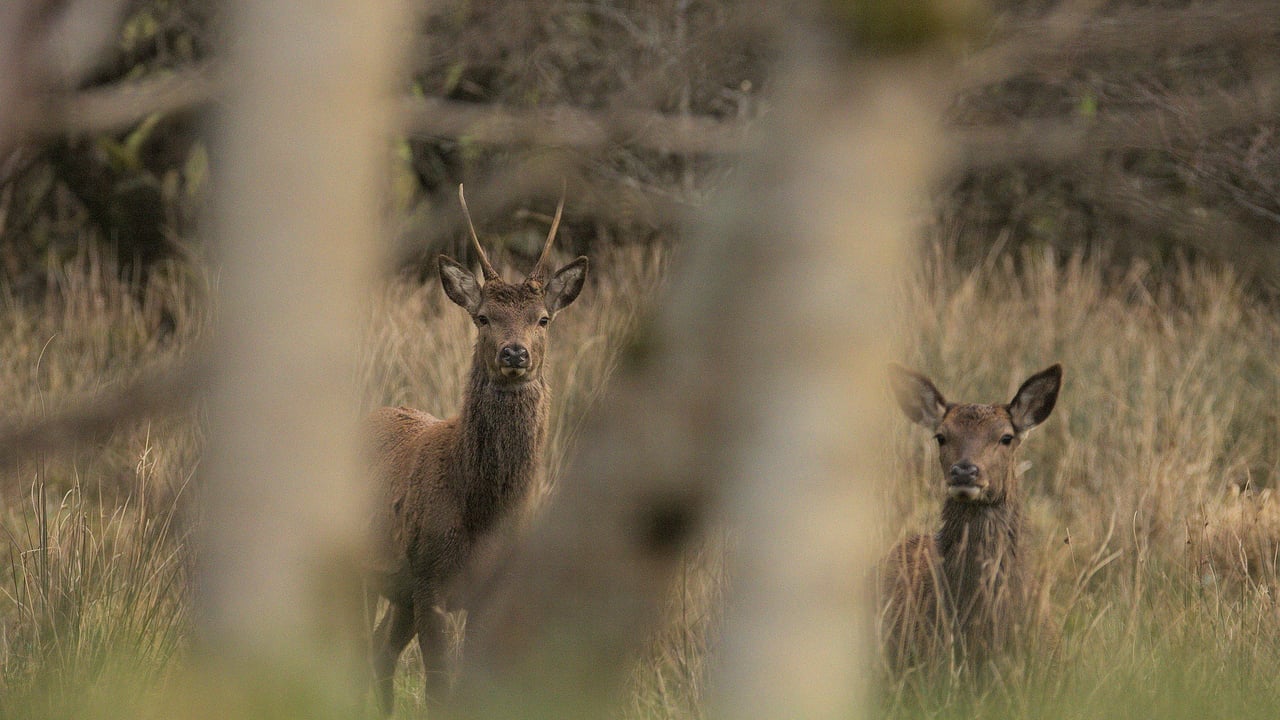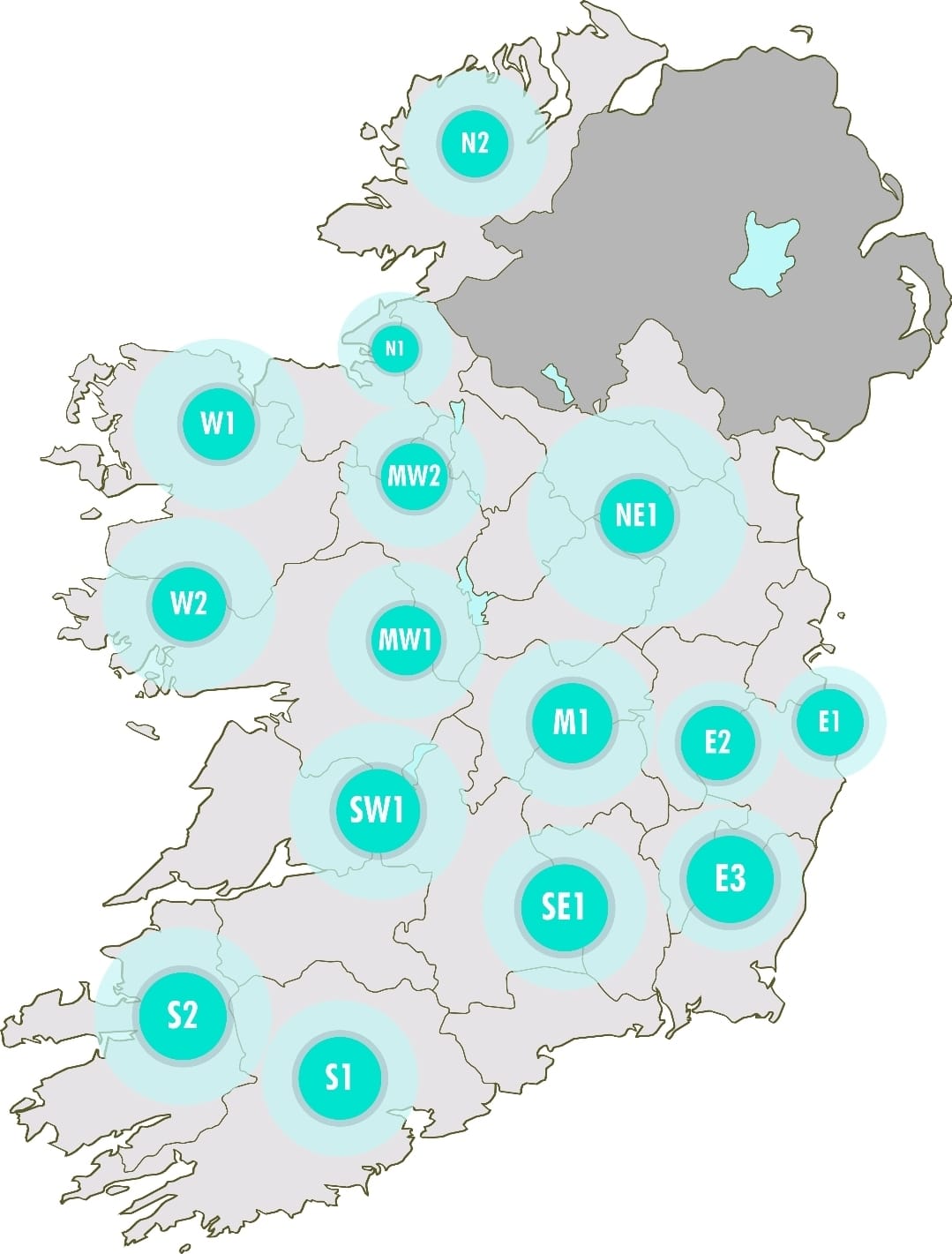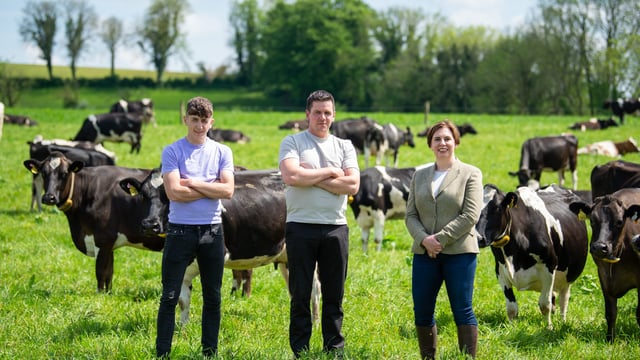FRS Co-Op appoints coordinators for 15 deer management units
FRS Co-Op has appointed local coordinators to lead the 15 deer management units (DMUs) that have been set up across the country.
These DMUs have been set up in areas of the country that are known as hotspots for wild deer.
The job of the coordinators will be, according to FRS Co-Op, to facilitate deer management in each of the 15 areas by "acting as a link between landowners, hunters, and other key stakeholders".
The establishment of the DMUs was one of the recommendations of the final report published by the Deer Management Strategy Group in December 2023.
The FRS Co-Op was awarded the contract in February this year to implement and deliver a number of recommendations from the Deer Management Strategy Group, including to establish the DMUs in deer hotspots and to appoint coordinators to work with landowners and hunters.
FRS Co-Op's role will be to connect landowners affected by wild deer in these areas with licenced hunters.
The co-op will not directly employ any hunters as part of its work, but will oversee the coordination with local hunters and hunting groups who wish to participate in the deer management programme.
FRS Co-Op said that the coordinators will engage with farmers and landowners in each DMU area to identify issues relating to deer that currently exist and to help facilitate deer management for the area by engaging with local hunters.
Deer management will be implemented in these hotspots with the goal of "bringing the wild deer population down to sustainable level".
"This will protect Ireland's natural environment, improve biodiversity in our woodlands and other habitats, protect farmland, and contribute to improving human safety by reducing the number of road traffic accidents involving deer," FRS Co-Op said.
For the past number of decades, Ireland's wild deer population has increased significantly to the point where there is no accurate data on the exact deer population in the country.
Despite this, according to FRS Co-Op, there is "clear evidence" that the wild deer population has grown considerably in recent decades and led to a corresponding increase in negative impacts, including biodiversity loss, damage to natural woodlands and farmland, and increased road accidents involving deer.
The DMUs have been set up in areas where there is underlying data that shows that deer impacts are particularly significant.
The FRS Co-Op's overall deer management programme is being managed by Michael Keegan.
He said: "Over the coming weeks, local coordinators appointed by FRS Co-Op will be engaging with local landowners and farmers in areas of the country that have been identified as hotspots for wild deer.
"FRS Co-Op’s role is to help implement deer management in areas of the country that are hotspots for wild deer, and to act as the coordinator between landowners, farm managers, hunters, and other key stakeholders.
"I would urge any farmers or landowners located in these DMU areas that are having issues with will deer to contact FRS Co-Op, and we will help coordinate and implement deer management in their area," Keegan said.
"Additionally, I would urge landowners in deer hotspots to join a local deer management group or look to establish a deer management group for your area if one does not currently exist. FRS Co-Op is available to assist landowners seeking to establish local deer management groups," he added.






